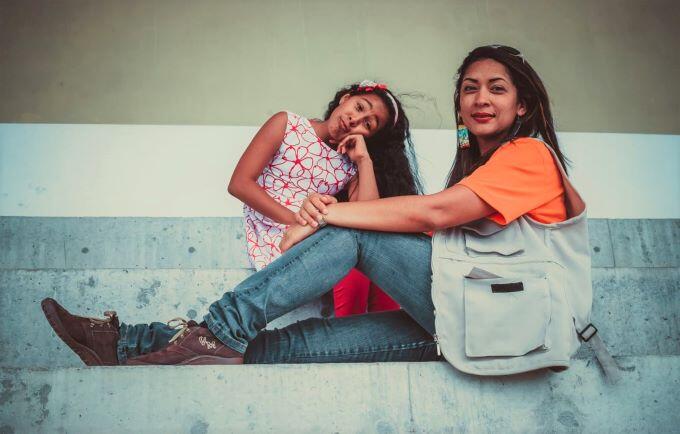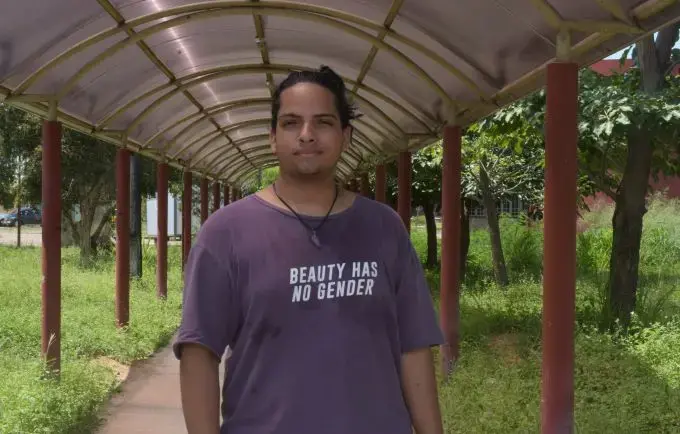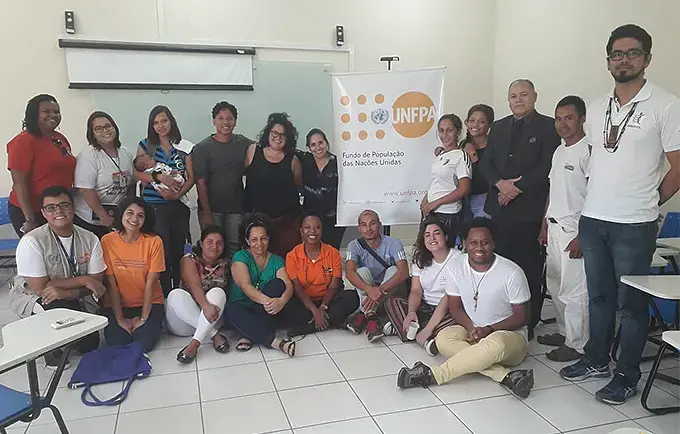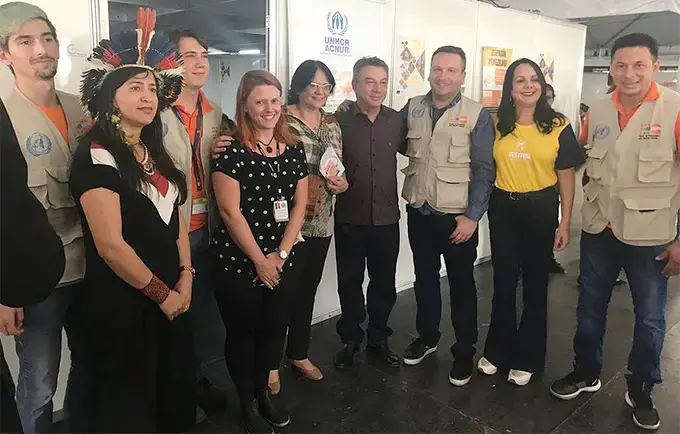Who looks at Harlen Barrios, a Venezuelan 31-year-old woman, born in Bolívar state, may recognize the excellent work she has been doing in the reception of migrant and refugee people who arrive at “Operação Acolhida”, in Pacaraima, but do not imagine that less than two years ago she was on the other side.
Harlen is a training nurse, a position she exercised in Venezuela from 2010 to 2018, when she decided to cross the border and arrived in Brazil. Despite a large professional background, the reality was that economic and family issues were getting difficult. All this became worry, stress and depression.
"The beginning was extremely difficult because I didn't understand anything about the language, but I continued to interact in the spaces where I could work as a volunteer", she says. Harlen had an urgent need to bring her daughter, Camila, so she could continue studying, considering that in her country this was already impossible.
After a moment of great tension, including the unexpected closure of the border, Harlen found a place to live with Camila formally in Brazil, which allowed the girl to continue studying without interruption.
Harlen began a contract with the World Vision organization, in a project in partnership with the United Nations Population Fund in Brazil, which allowed her to be close to the work being done in the border. “They give orientation to people who, like me, are arriving in Brazil, visiting the indigenous communities and other spaces. I saw how they were organized and communicative and I watched all those things with admiration”, says Harlen.
In the process of facing new challenges, especially in the context of forced displacement, the integration process can be compromised for different reasons. Harlen and Camilia lived days of many sudden changes, which, especially for Camila, were a very difficult reality.
“I don't know how many days we have cried, but we have cried a lot at the beginning. We struggled so hard to reach that moment and then I realized there were so many things still missing. For Camilia it was very hard to be integrated into the school, we were discriminated for being Venezuelan, and that made it very difficult for her to be adapted to the language, the culture, the school, and also all the changes she was going through. We have been suffering a number of setbacks and inconveniences, separation, sacrifices, pain, fear and to that we must add another series of situations where you are judged by your nationality”, she recalls.
Despite the discrimination and xenophobia, Harlen and Camila continued to prove themselves to be extremely resilient and persistent women. Her daughter's relationship and integration with the school improved dramatically, and Harlen noticed it in Camila's academic performance and her remarkable integration into the classroom.
Today, Harlen is part of the UN Population Fund Fund team, in Pacaraima, as a field assistant 1, giving the first assistance to migrants and refugees. “It has been an enriching experience, it is making me grow personally and professionally from day to day, we are constantly learning and for me it represents more than a work team, it is an opportunity that has allowed us to keep going, my daughter and me, and also help others”, he says.
Through the humanitarian assistance area, in Roraima, the UNFPA maintains Friendly Spaces, where is given assistance to migrants and refugees, through orientation, information and sensitive hearing, that support people that arrive in conditions of social vulnerability, especially women traveling alone or with children, pregnant and lactating women, young people, LGBTI population, indigenous population, elder people and disabled people. In these spaces, the field assistants develop an extremely important work. In Harlen’s case, she has become one of the community mobilizers, ensuring people can reach access to information about sex and reproductive health care, rights and prevention of gender-based violence.
“I think UNFPA is an agency that helps to change lives, and I say that for my own experience because is changing mine”, she says.





